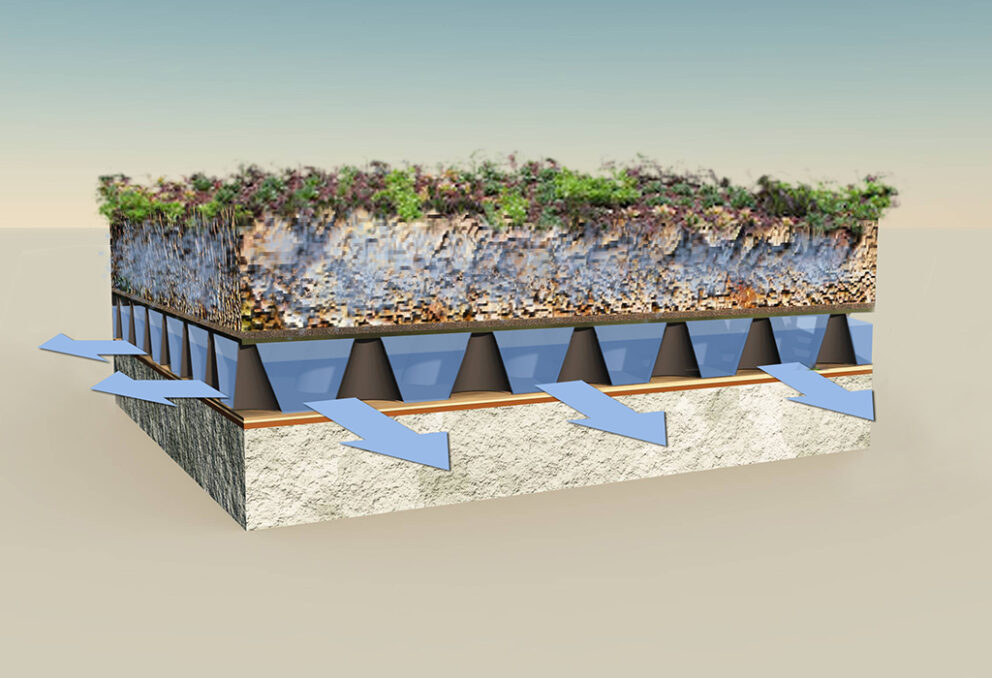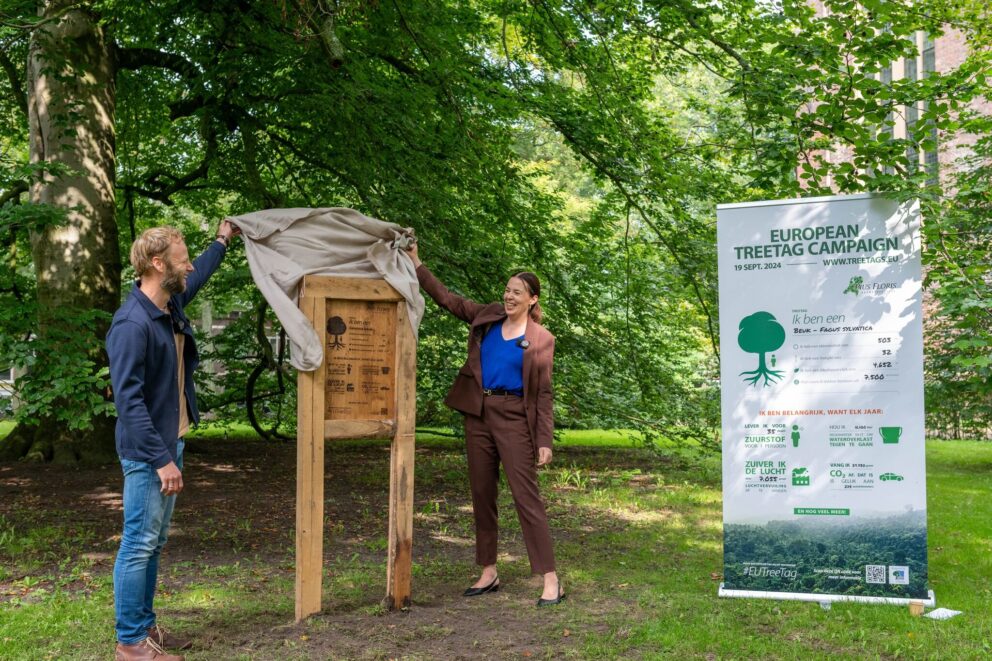Solutions such as Sustainable Urban Drainage Systems (SUDS) are already a reality in many parts of the world. Their advantages over conventional urban drainage systems guarantee the protection of aquatic ecosystems.
Solutions such as SUDS (Sustainable Urban Drainage Systems) are already a reality in many parts of the world. Their advantages over conventional urban drainage systems guarantee, among other things, the protection of aquatic ecosystems.
Directive 2000/60/EC is a regulation of the European Parliament for the management of surface water and the protection and preservation of the natural hydrological cycle. Its objectives include:
Prevent and reduce pollution of aquatic systems, groundwater and dependent terrestrial ecosystems.
- To promote the sustainable use of water.
- To protect and enhance the aquatic environment.
- To mitigate the effects of floods and droughts.
- To ensure the availability of surface water and groundwater in good condition.
Why is this not achieved with conventional drainage systems?
The continued growth of built-up areas has also led to an increase in paved or impervious surfaces. As a result, with fewer areas of natural water interception, flooding occurs, collapsing the urban drainage network and discharging large quantities of polluted water into the natural environment. Sustainable Urban Drainage Systems or SUDS are a new approach to water management with numerous advantages over conventional systems.
6 advantages of SUDS as urban drainage systems
1. Lower runoff volume
The greater number of permeable areas means that more rainwater is intercepted, preventing it from saturating the urban network and causing flooding.
2. Improved water quality
The intercepted water is filtered and purified as it passes through the different underground layers until it reaches the natural environment.
3. Reduced water pollution
Common practices such as street sweeping (spraying pressurised water against waste deposited on the urban surface) pollute the natural environment through the sewage system with water carrying sediment, organic matter and heavy metals. SUDS retain and filter the polluted water even making it useful again for reuse.
4. Maximises landscape integration
SUDS such as green roofs, wetlands or filter strips are elements that naturalise the urban environment, increasing green surfaces in cities and taking advantage of disused spaces.
5. Increased social and environmental value
The integration of SUDS in cities significantly increases the quality of life in urbanised areas. It also promotes citizen awareness and participation towards eco-sustainable solutions.
6. Reuse of greywater
Filtered water can be reused for other purposes such as irrigation to extend the life of the resource.





